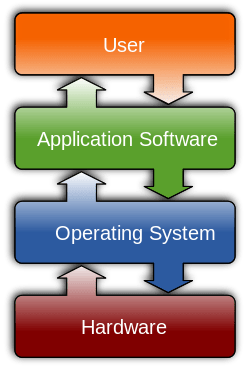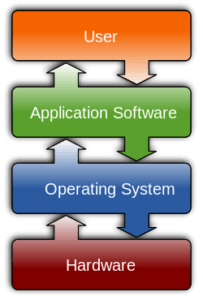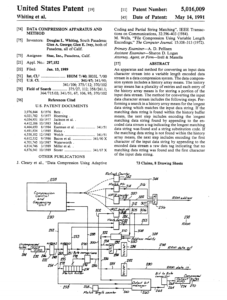In the course of startup development, as companies form their corporations or limited liability companies (LLCs), protect their trademark through federal registration(link), and start research and development (R&D) of their product, they begin to consider patent protection.
Section 101 of title 35, United States Code, provides:
“Whoever invents or discovers any new and useful process, machine, manufacture, or composition of matter, or any new and useful improvement thereof, may obtain a patent therefor, subject to the conditions and requirements of this title.”
However, patent law as applied to software code has undergone some significant shifts in recent cases. The United States Patent and Trademark Office (USPTO) has in the past issued patents to software computer instructions, Allvoice Developments US, LLC v. Microsoft Corp.(Fed. Cir. May 22, 2015) invalidated such a patent. In 2014, the United States Supreme Court ruled in Alice Corp. v. CLS Bank International: “merely requiring generic computer implementation fails to transform an abstract idea into a patent-eligible invention.”
HOW RECENT CHANGES IN CASE LAW AFFECTS SOFTWARE PATENTS
If a product or solution consists of purely software, namely computer instructions, programming, and data, relying on patent protection to prevent copying carries increased risk given recent developments in patent law in the Supreme Court and Federal Circuit, which has authority over the United States Patent and Trademark Office (USPTO). The current state of patent protection for software, algorithms, and even artificial intelligence (AI) is increasingly in flux. It’s a fluid landscape and therefore generally unreliable for a business or tech startup seeking to protect their innovations under US intellectual property law.
The bottom line is this: Pure software tech startups such as mobile application companies, SAAS products (Software-as-a-Service), PAAS products (Platform-as-a-Service) and even Artificial Intelligence innovation that is platform or device agnostic must look beyond patent protection to protect their software, inventions, and market positions. That is not to say that a patent filing in connection with software is ill-advised all of the time. Given the current state of fluidity in this particular area of intellectual property law in the United States, alternative methods of exclusive protection beyond software patents, such as copyright protection, trademark protection, and trade secret protection, are increasingly crucial to consider as part of a technology startup’s comprehensive competitive barrier strategy. Failure to do so, coupled with a software patent with little enforcement power, is likely to result in a waste of legal funds, and increased exposure to copycats.

The content above is a discussion of legal issues and general information; it does not constitute legal advice and should not be used as such without seeking professional legal counsel. Reading the content above does not create an attorney-client relationship. All trademarks are the property of L.A. Tech & Media Law Firm or their respective owners. Copyright 2017. All rights reserved.




